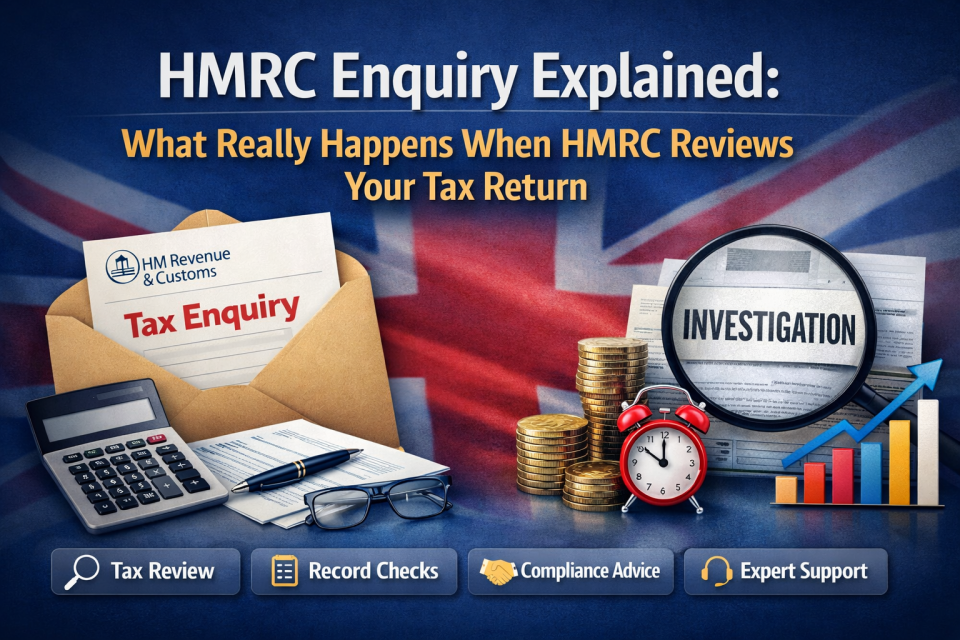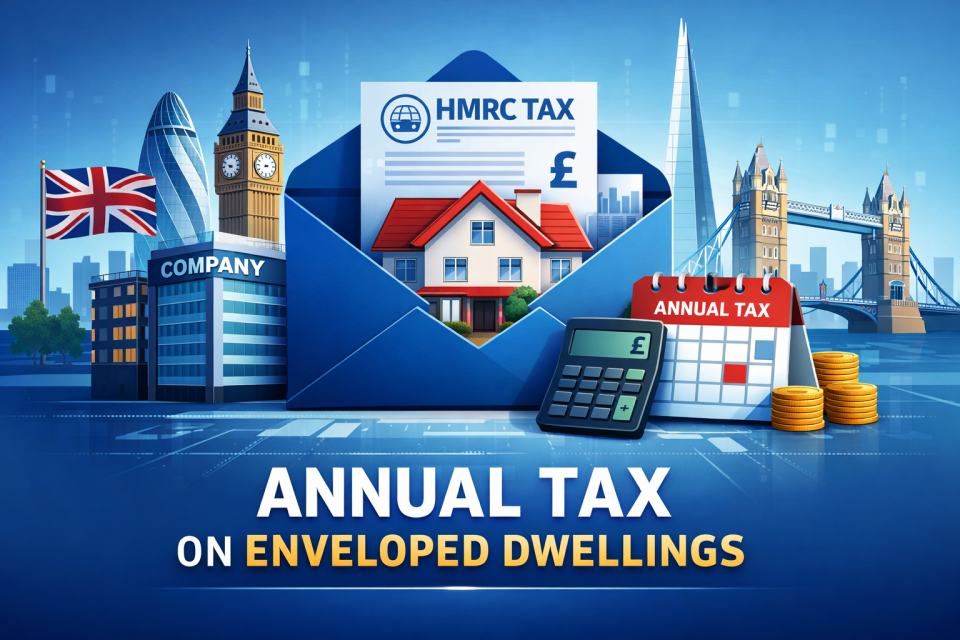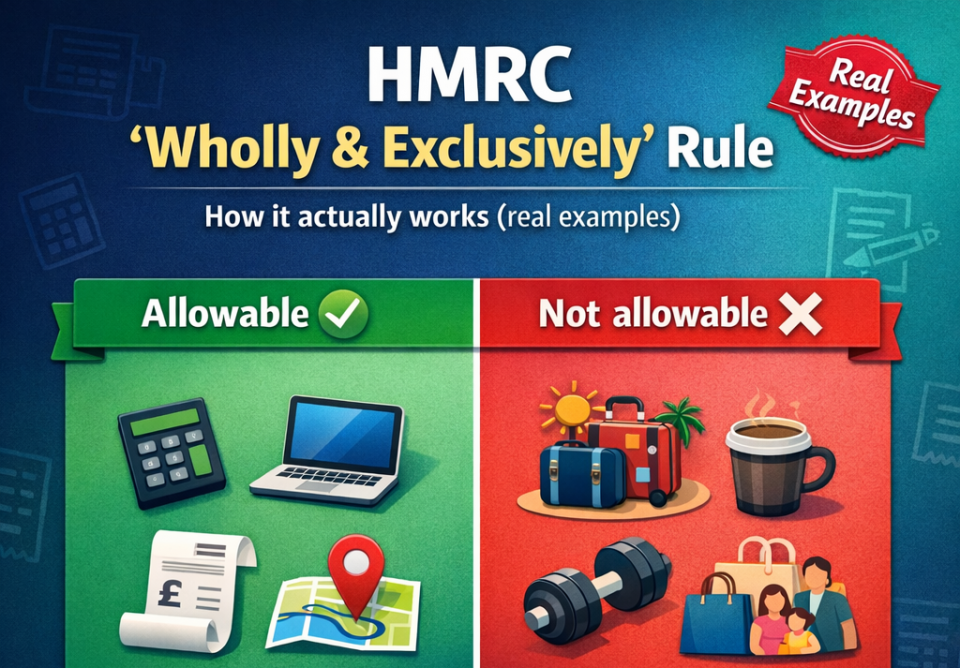Understanding MTD for ITSA: What You Need to Know
September 26, 2024Mitigating Inheritance Tax (IHT) Through a Limited Company (Ltd) Structure
October 11, 2024Will HMRC Accept Scanned Receipts for Business Expenses?
If you run a business, keeping track of expenses is essential. But do you really need to hold onto all those paper receipts, or will scanned copies do the job? The answer is straightforward: in most cases, HMRC does accept scanned copies of receipts.
Key Exceptions to Be Aware Of
There are some exceptions to the rule. Documents that show tax other than VAT, such as bank interest certificates or dividend vouchers, must be kept in their original paper form. If you receive these electronically (e.g., a PDF via email), you can save the digital version. However, converting the file into another format, like an image, is not allowed.
Don’t Overlook the Back of the Receipt
When scanning receipts, remember to check for any information on the reverse side. For example, if the back of a bill contains terms and conditions, you need to scan both sides to ensure you’ve captured all the relevant information.
Tips for Managing Scanned Receipts
A portable document scanner can be a good investment for keeping on top of your records. Alternatively, if you have a lot of paperwork, you might consider using a document-scanning service to digitize everything for you.
To stay organized, create a clear folder structure for storing your receipts. If you have fewer receipts, organizing them by supplier could work well. For larger amounts, it may be easier to create folders by year, with subfolders for each month and supplier.
Remember, HMRC requires businesses to keep records for a set number of years, so it’s important that your receipts are backed up securely. For more detailed guidance, take a look at HMRC’s record-keeping rules for both limited companies and sole traders.



